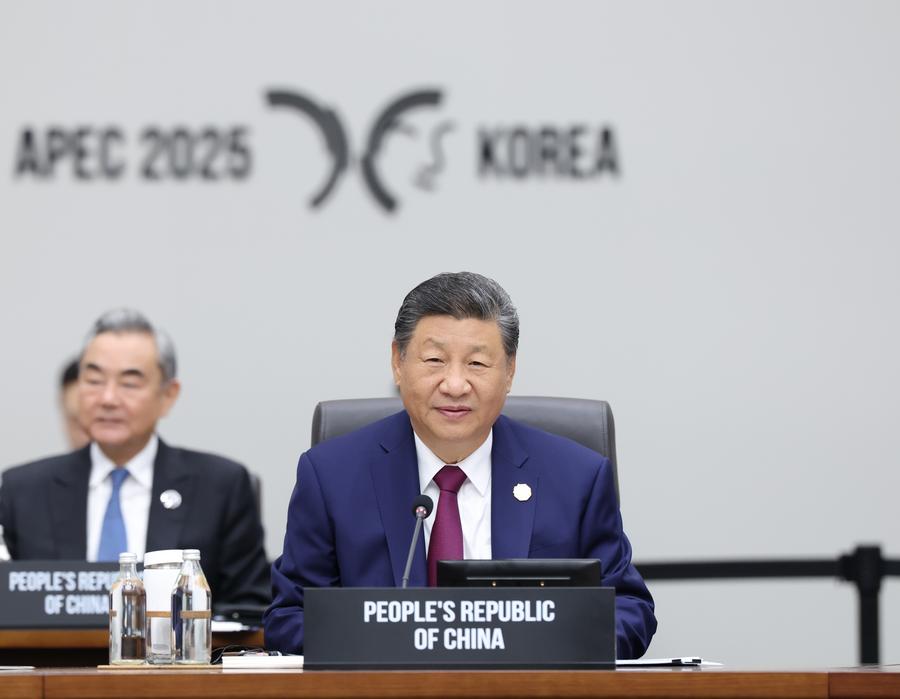During the ongoing APEC summit, China has proposed the establishment of a World Artificial Intelligence Cooperation Organization, aiming to create a global framework for AI governance, ethics, and cooperation. The proposal, made by President Xi Jinping, signals China’s ambition to shape international standards and assert a leading voice in the rapidly evolving field of artificial intelligence.
Ensuring Fairness, Safety, and Shared Prosperity
President Xi stressed that the accelerating pace of AI innovation requires coordinated global action to ensure fairness, security, and equitable benefits. The proposed organization would bring nations together to establish guidelines on data sharing, AI security, and ethical development — areas currently influenced largely by U.S.-led frameworks.
“Artificial intelligence should serve all humanity, not be controlled by a few,” Xi stated, highlighting Beijing’s intent to present an alternative governance model emphasizing multilateral cooperation over Western-dominated technological leadership.
Strategic and Diplomatic Implications
Analysts interpret the proposal as both a strategic maneuver and a diplomatic statement. By advocating a global AI body, China positions itself to influence international AI policy, challenging recent U.S.-led initiatives such as the Bletchley Declaration and the AI Safety Summit, which focus on responsible AI use and export controls.
Geopolitical Competition in AI
While specifics regarding the structure and authority of China’s proposed organization remain limited, the initiative underscores the intensifying geopolitical competition over AI regulation and leadership. Observers note that control over AI governance could shape global innovation priorities, data access policies, and technological influence for decades to come.
Looking Ahead
China’s proposal reflects a broader push to redefine international AI governance and expand its role in the global technology landscape. As discussions progress at APEC and beyond, the world may witness the emergence of competing frameworks for AI oversight, each reflecting different geopolitical and ethical priorities.

